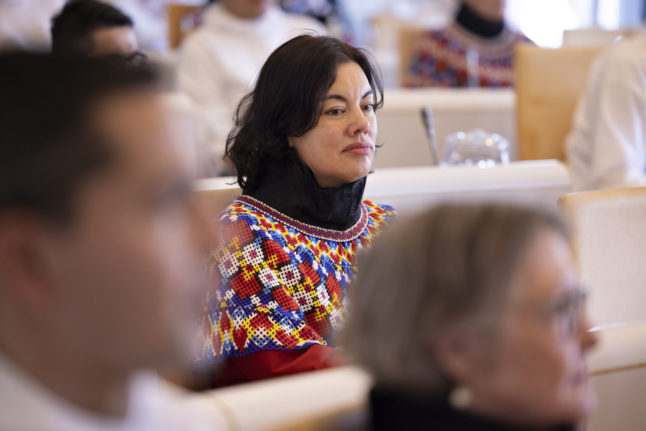“On average and since 2000, dry landscapes of the ice-free part of Greenland have consumed more than 65,000 tons of methane annually from the
atmosphere, while 9,000 tons of methane have been released annually from its wet areas,” the university said in a statement.
The findings, which were published in the journal Nature Communications Earth & Environment, are encouraging because methane, the second-biggest
contributor to global warming after CO2, is particularly harmful to the environment.
According to the United Nations, it is responsible for around 30 percent of the rise in average temperatures since the industrial revolution.
The Greenland phenomenon “is partly due to Greenland’s widespread dry landscapes, where methane from the atmosphere is consumed into the upper layers of soil,” said Bo Elberling, a geologist who led the study.
Elberling said it was also “partly because the ice-free parts of Greenland have only been without ice since the last ice age, meaning that they never stored much carbon, which could lead to large methane emissions, as can be measured elsewhere in the Arctic”.
The absorbtion of methane is possible because of a “unique group of microorganisms” that live in the upper layers of arctic soil.
“These microorganisms use methane that penetrates the soil from the atmosphere and convert it into carbon dioxide (CO2),” the university said.
It added that while CO2 was also a greenhouse gas, its effect is “a lot less strong than methane, making the conversion of methane to carbon dioxide good climate news”.
At the same time, the researchers concluded that Greenland would not “impact the total global amount of atmospheric methane or prove to be decisive
for Arctic methane budgets”.
“The uptake of methane in Greenland is simply too small compared to other known methane sources,” the statement said, noting places like Siberia.
Methane lasts 12 years in the atmosphere, compared with centuries for CO2, but it has a greenhouse effect 25 times more powerful than that of CO2.
In the Arctic, it is released into the atmosphere as a result of the permafrost thawing.



 Please whitelist us to continue reading.
Please whitelist us to continue reading.
Member comments